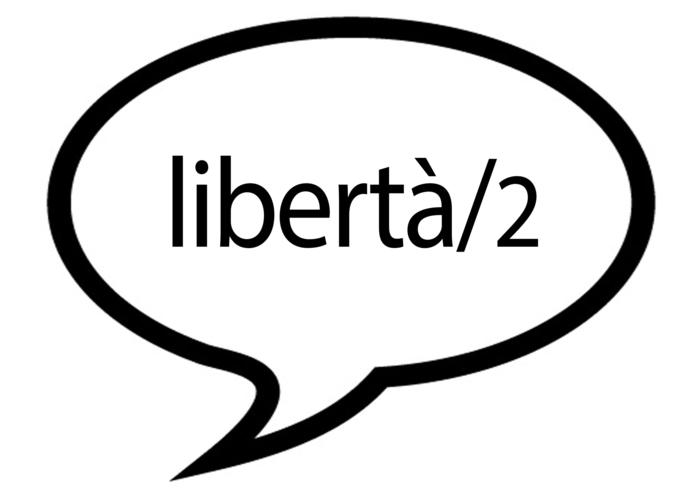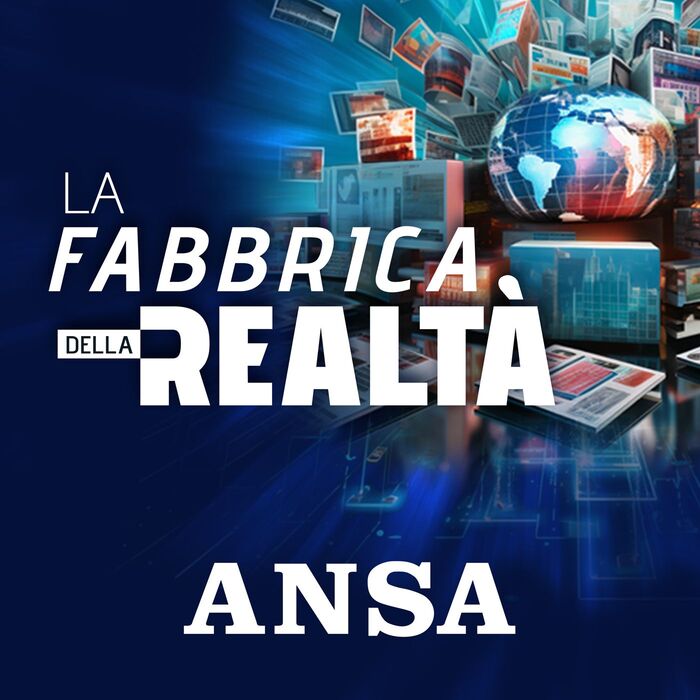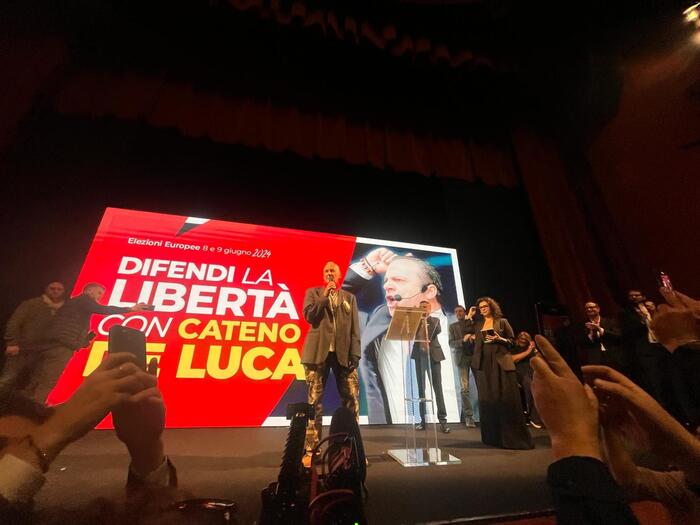We continue to talk about the word freedom, picking up more or less where we left off:
that sense of total freedom
, understood as the absence of any limit, constraint, obligation, bond sung by John Lennon and the Beatles, it seems the 'sweet' and more philosophical version of 'I want to break free' by Queen with which we closed the previous episode dedicated to this word . The text of the Fab Four or, rather, the first verse that we know with certainty is the work of Lennon, because the song has a particular story, it makes us flash a different dimension: 'Free as a bird / is what I want to be the next time'. Next time? That is, when exactly? To be free, totally free, do you have to hope for another life? Or simply and more secularly in a second chance?
As already in Aretha Franklin's' Think ', it seems that singing about freedom, reflecting on its meaning, necessarily carries with it the inevitable reference to ties:'
Can we really live one without the other?
Where did we lose that contact / Which has always meant so much to us?
/ He always made me feel free "they sing immediately after the Beatles, and here it is correct to say it since these would be the lines added by Mc Cartney and Harrison to the first verse written by John. So a bond that makes you feel free. And it's true, here they are talking about their story, about the fact that they are no longer together, that they have broken up but that for a song, miraculously, they are back together and they seem to regret the times of a bond that made them feel free. marginal, as in all great artistic intuitions.
Listen to "Word of the week: Libertà / 2 (by Massimo Sebastiani)" on Spreaker.
Because in reality here we are talking about something that resembles that freedom (to choose, to think, to take or leave) which is also the most authentic spirit of education, the one that wants to form and not force, getting used to moving through the rules. and appropriate prohibitions. Among pedagogists, there are those who wrote us a book with an unequivocal title: '
The no that help to grow
', which explains that to become strong, that is, in perspective free, one must be able to recognize that not everything it can be done.
On the other hand, for many neurobiologists and scientists from various disciplines, it is an established fact that not even free will, or the basic idea without which claiming an absolute concept of freedom is impossible, exists in reality. 'All our mental states are caused by neurobiological processes that occur in the brain and that take place at a higher or systemic level' writes John Searle, an American philosopher, in 'Freedom and Neurobiology'. On the other hand, he explains later,
'we need to act assuming freedom
'.
In short, you call it if you want illusion
but from a practical point of view, says Searle, you cannot act by assuming it as such, that is, as an illusion. Spinoza, the loneliest and most abnormal of thinkers, as Nietzsche defined him, did not necessarily know anything about the brain and neurobiology but had already said everything at the very beginning of his masterpiece, entitled 'Ethics':' Let's say it frees that thing which exists for the sole necessity of its nature and determines itself to act alone '. It is quite evident that man is not one of these things.
Yet it behaves, perhaps it has to behave, as if it were, according to Searle. And this is why contemporary ethics and morals have been able to overcome the so-called 'lesson of Ivan Karamazov', the one according to which 'if God does not exist, everything is allowed'. In reality, even if God does not exist, freedom, to be truly such, must be inscribed within shared rules, paths, boundaries. If we think about it, this is what happens in the game, in some respects the maximum expression of freedom, which, as Roger Caillois wrote, quoted recently by Claudio Magris, "consists in the creation of a fictional world governed by rules that temporarily suspend those that they rule the real world ”.
Even when an irrepressible longing remains
. Like in a Pink Floyd song.
Pink Floyd - Another Brick In The Wall - From Youtube












/cloudfront-eu-central-1.images.arcpublishing.com/prisa/IGZ7GOCXZ5GUPAQ2HWGK6Z76BU.jpg)